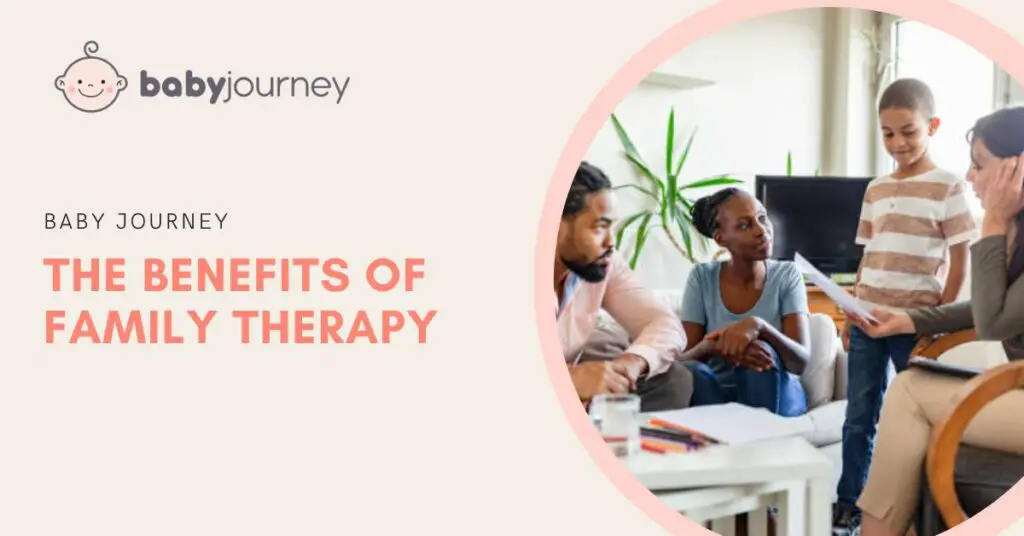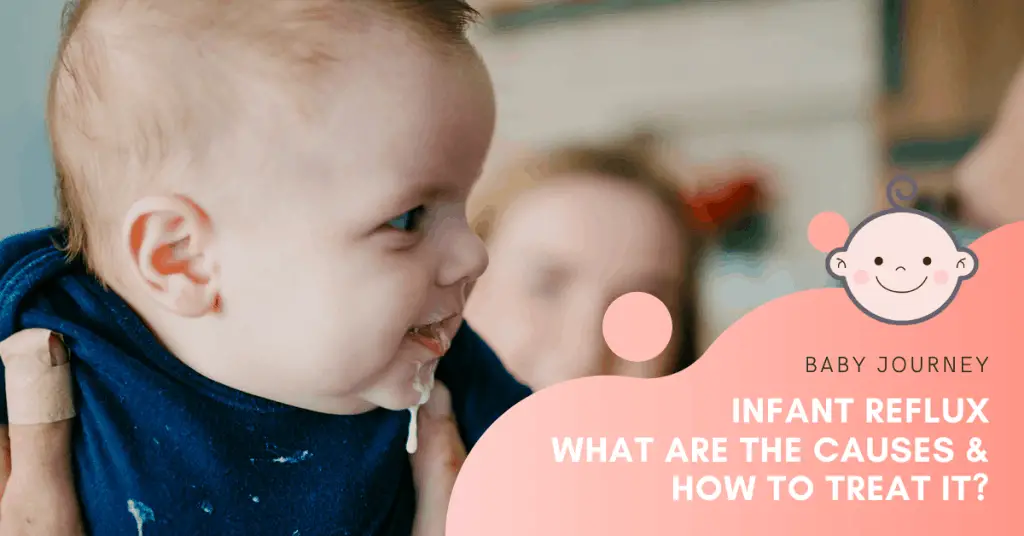If you notice an intense atmosphere between you and your partner around your kids and your family seems not to be working. Fights even when you want to reconcile, everyone not talking to anyone. Then family therapy may be a great idea since there are any benefits of family therapy to navigate such trying times.
Here’s what you’ll get out of family and group therapy. Click here and talk to family counseling professionals to get the help you need.
Not sure if family therapy is worth going? Read on to find out the benefits of family therapy.
What Is Family Therapy?
Family therapy is a type of psychological counseling or psychotherapy that focuses on improving communication and resolving conflicts among family members. It is designed to address specific issues affecting the health and functioning of a family, such as mental or behavioral health problems, major transitions, or difficult periods.
Family therapy can involve any combination of family members and is usually provided by a psychologist, clinical social worker, or licensed therapist.
But why is family therapy important? Family therapy goals are to improve communication, resolve conflicts, and strengthen relationships among family members. This helps to reduce conflict within the family as well as improve overall family functioning and mental health.
What Are the Benefits of Family Therapy?

Family therapy aims to resolve conflicts & improve communication within family units. One of the main advantages of family therapy is that it addresses the issues affecting the entire family rather than just one individual.
By involving everyone in the therapy process, family members can better understand each other’s perspectives, learn new ways to communicate effectively, and work together with the family therapist to resolve problems.
Another advantage of family therapy is that it can be effective for children and adolescents. Children’s issues find a root cause in their family dynamics. Family therapy helps them develop more positive relationships with their parents and siblings, improve their self-esteem, and reduce feelings of anxiety or depression.
In addition, family therapy benefits can help families cope with significant life changes, such as divorce, illness, or the death of a loved one, by providing a safe space to discuss their feelings and concerns.
What’s the Aim of Family Systems Therapy?
Family systems therapy aims to assist families in understanding and changing their patterns of interaction to improve their relationships and overall functioning. Families are complex systems. Sometimes it’s hard to understand individual behaviors and problems in isolation from the larger family context.
Also read: 8 Best Tips For Parenting In The Digital Age
In this kind of therapy, the family therapist works with the whole family to identify behaviors and communication patterns contributing to or causing problems. The therapist then helps the family develop new ways of interacting with each other that promote positive change.
The goal of family systems therapy is not to blame any family member for problems. No, it’s helping everyone take responsibility for their role in the family dynamic and work together to make positive changes.
What Are the Benefits of Group Therapy?

In group therapy, a therapist works with individuals with similar issues or concerns. Group therapy provides support with a sense of community. Participants can connect with others going through similar experiences, share their feelings and experiences, and learn from each other’s perspectives.
Another benefit of group therapy is its cost-effectiveness compared to individual therapy. Because the therapist works with a group of people simultaneously, the cost per person is often lower than individual therapy sessions. However, some insurance providers may not have policies that cover group therapy sessions.
Group therapy can also be more time efficient, as participants can learn from each other’s experiences and insights. It can be effective for people with social anxiety, PTSD, and depression. By practicing social skills and interacting with others in a supportive environment, participants can build confidence and improve their ability to form positive relationships.
Group therapy can also be effective for people dealing with substance abuse or addiction. It provides a safe and supportive space to discuss their struggles and develop coping strategies.
Conclusion
Family therapy is a powerful tool that can help families navigate through difficult times and build stronger, more meaningful relationships. By working with a skilled therapist, families can learn to communicate effectively, resolve conflicts, and develop healthy coping strategies that promote growth and healing.
One of the key benefits of family therapy is that it provides a safe and supportive space for families to explore their thoughts, feelings, and behaviors in a non-judgmental environment. This can help to reduce feelings of isolation and promote a greater sense of understanding and empathy among family members. By gaining a deeper understanding of each other’s perspectives and experiences, families can develop stronger bonds and build greater trust and intimacy.
Another key benefit of family therapy is that it can help families to identify and address the underlying issues that may be contributing to their problems. Whether it’s unresolved trauma, poor communication, or dysfunctional patterns of behavior, a skilled therapist can help families to develop new strategies for coping with these issues and creating positive change.
Finally, family counseling can also be an effective way to support individual family members who may be struggling with their own mental health or substance abuse issues. By working with a therapist who specializes in family therapy, families can learn how to provide the support and encouragement that their loved ones need to heal and recover.
Overall, the benefits of family therapy are clear. Whether you’re dealing with relationship issues, parenting challenges, or mental health concerns, working with a skilled family therapist can help you to build stronger, healthier relationships and create a more fulfilling life for yourself and your loved ones.
So if you’re struggling with family issues, remember you are not alone in trying to resolve family conflicts – consider reaching out to a family counseling professional to help you out.



